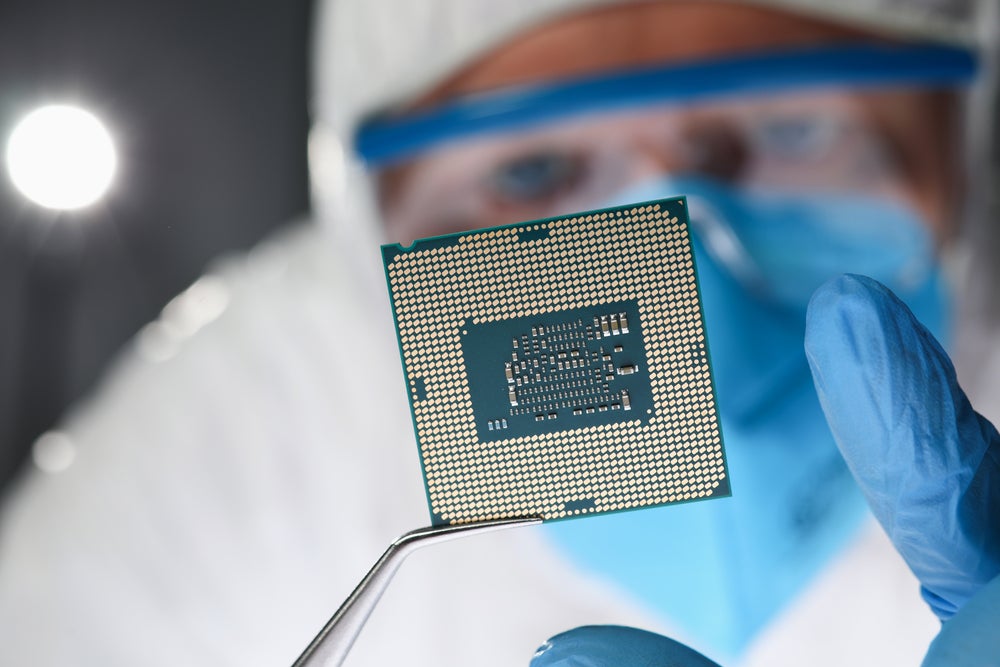
Japan’s industry ministry said that it will offer $307m in subsidies in an initiative to develop optical technology for semiconductors, in further efforts to bolster the country’s semiconductor industry.
Japan-based telecom company NTT will be developing the technology to mass-produce optical technology semiconductors, in conjunction with other semiconductor companies, including US chip maker Intel.
The companies plan to establish production technology for the devices by 2027.
Optical technology can be used as a replacement for electronic processing, instead using light. When used in semiconductors it can greatly lower their power consumption.
Many experts believe will be a game-changer in the industry as optical technology works much faster than standard electrical signals.
“Hopefully [the optical technology] is a future game changer,” Ken Saito, Japan’s industry minister said.
How well do you really know your competitors?
Access the most comprehensive Company Profiles on the market, powered by GlobalData. Save hours of research. Gain competitive edge.

Thank you!
Your download email will arrive shortly
Not ready to buy yet? Download a free sample
We are confident about the unique quality of our Company Profiles. However, we want you to make the most beneficial decision for your business, so we offer a free sample that you can download by submitting the below form
By GlobalDataThe Ministry of Economy, Trade and Industry is hoping the initiative will make Japan a world leader in the field.
The demand for faster and more efficient chips continues to grow as AI products and services become more sophisticated.
The companies hope the initiative will reduce power consumption by as much as 30%-40% compared to standard issue semiconductors.
Intel will be overseeing and advising the development of the production technology.
The move comes as more chip makers flock to Japan to make the most of its subsidy offerings.
Prime Minister Fumio Kishida’s government has been offering subsidies worth trillions of yen to attract investment from both domestic and overseas semiconductor companies.
Taiwan’s TSMC, the world’s largest contract chip maker, recently announced it will open a second chip plant in Japan in the same town as its first, according to a government official.
The $13.5bn new plant in Kumamoto is scheduled to open in February 2024. Japan hopes the plant will boost its economy as it strives for stronger domestic chip manufacturing.







